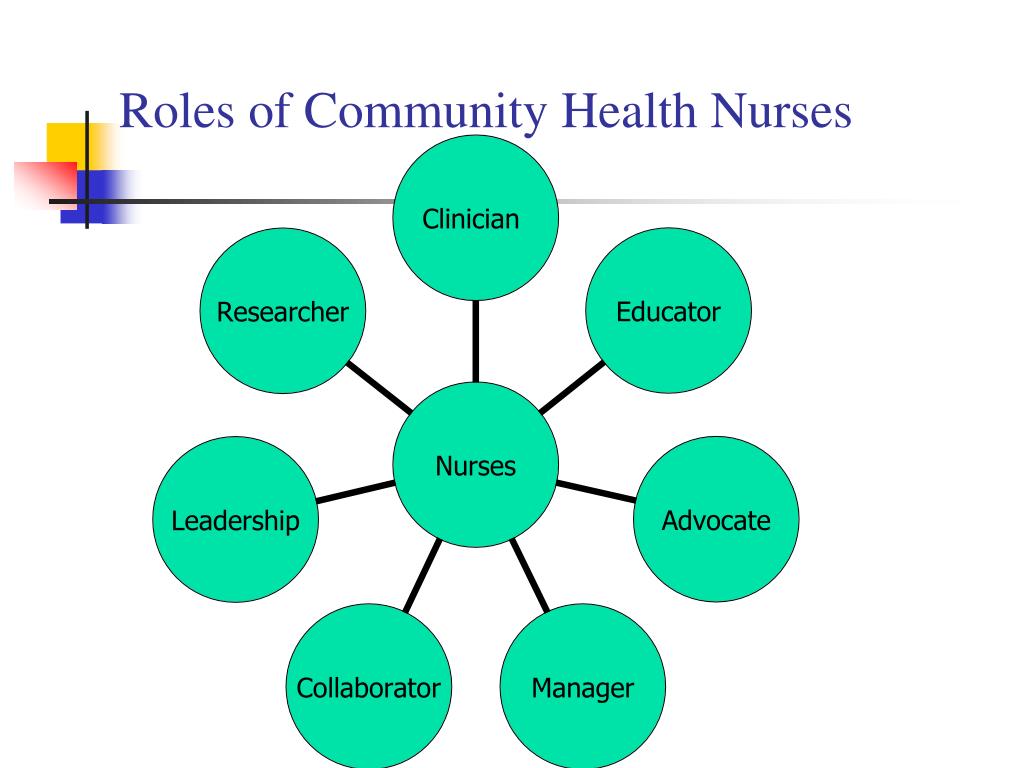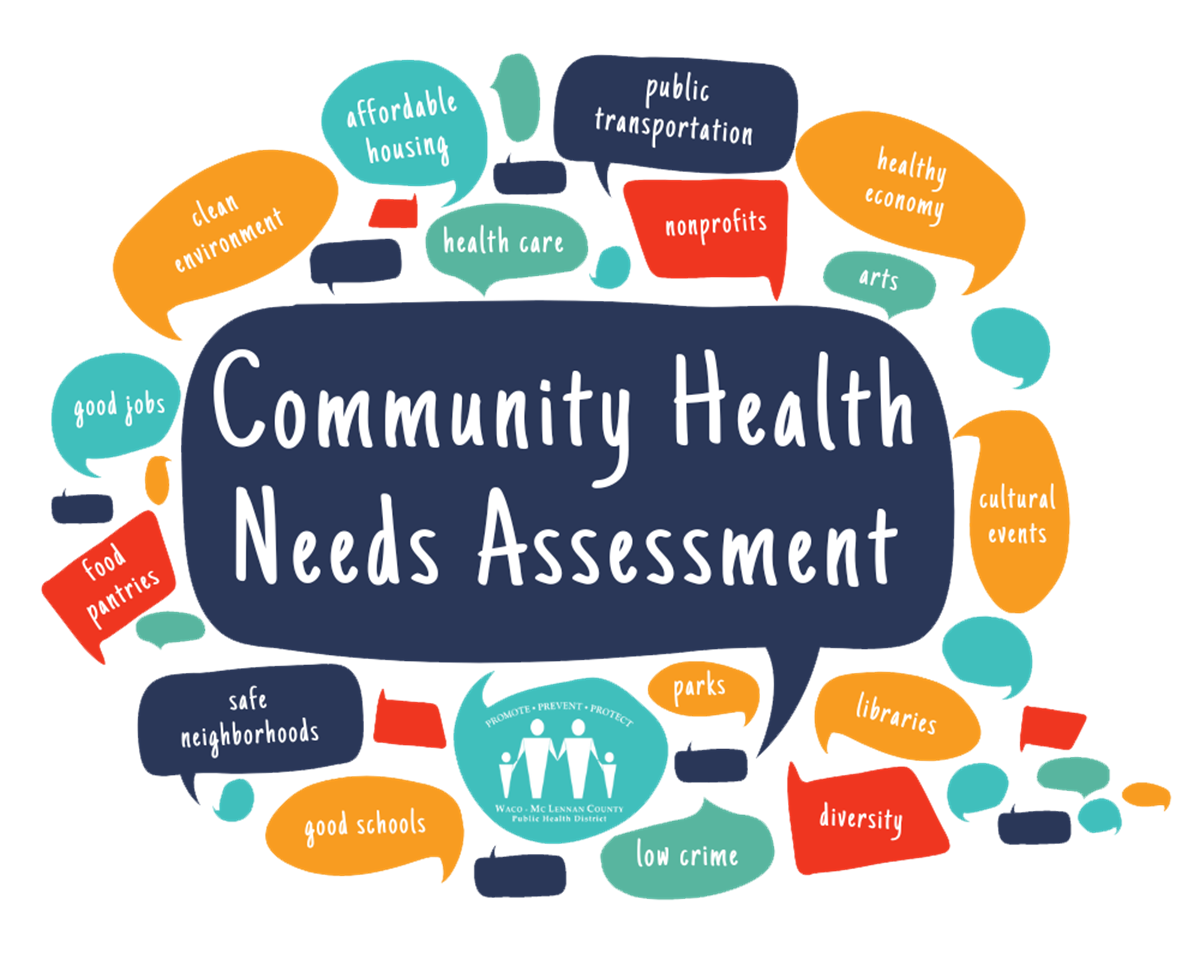Promoting Health Behaviors and Disease Prevention within Families

Community health nurses play a vital role in improving the health and well-being of families by actively promoting healthy lifestyles and preventing disease. Their work goes beyond individual care; it focuses on strengthening the family unit as a whole, recognizing its influence on individual health outcomes. This involves empowering families to make informed choices and equipping them with the knowledge and resources to navigate health challenges effectively.
Community health nurses utilize various strategies to encourage healthy lifestyle choices within families. These strategies are tailored to the specific needs and circumstances of each family, considering factors such as socioeconomic status, cultural background, and existing health conditions. A key element is building trust and rapport, creating a safe space for open communication and collaboration.
Strategies for Promoting Healthy Lifestyle Choices
This section details the methods employed by community health nurses to foster healthy behaviors within families. These methods range from providing nutritional guidance and promoting physical activity to addressing substance abuse and mental health concerns. The nurse acts as a guide, offering education and support, rather than imposing specific regimens.
Effective strategies include providing individualized nutritional counseling, focusing on balanced diets and portion control. They also emphasize the importance of regular physical activity, suggesting age-appropriate exercises and family-friendly activities. Furthermore, nurses educate families on the dangers of substance abuse and provide resources for cessation programs. Addressing mental health concerns, such as stress management and coping skills, is another critical component. For example, a nurse might teach relaxation techniques or connect a family with mental health services. Finally, promoting healthy sleep habits and safe environments within the home is also crucial for overall well-being.
Strategies for Educating Families about Disease Prevention and Early Detection
Empowering families with knowledge about disease prevention and early detection is paramount. This involves providing education on various health topics, including immunizations, chronic disease management, and the importance of regular health screenings. Community health nurses utilize a variety of educational methods, adapting their approach to meet the diverse learning styles and literacy levels within the family.
These educational strategies may include workshops, group sessions, individual consultations, and the use of visual aids and educational materials. For example, a nurse might conduct a workshop on the importance of childhood immunizations, demonstrating proper administration techniques and answering parents’ questions. They might also provide materials on diabetes prevention and management, including information on diet, exercise, and medication adherence. In addition, they educate families about the significance of early detection through regular screenings, such as mammograms, Pap smears, and colonoscopies, emphasizing the importance of seeking timely medical attention when necessary. They also teach families how to recognize warning signs of various diseases and when to seek immediate medical care.
Interventions Aimed at Improving Family Communication and Coping Mechanisms
Effective communication and strong coping mechanisms are crucial for family resilience and overall health. Community health nurses facilitate improvements in these areas through various interventions. These interventions focus on building strong family relationships, enhancing communication skills, and developing strategies to manage stress and conflict effectively.
For instance, nurses might teach families effective communication techniques, such as active listening and assertive communication. They can also guide families in developing strategies for conflict resolution, encouraging empathy and understanding among family members. Additionally, nurses can provide resources and support for families experiencing significant stressors, such as job loss, illness, or bereavement. They might connect families with support groups, counseling services, or other community resources. The goal is to build family strength and resilience, enabling them to effectively navigate challenges and support one another during difficult times. A successful intervention might involve facilitating a family meeting to address conflict, providing tools for problem-solving, and encouraging open dialogue.
Health Promotion Programs Targeting Families
A variety of health promotion programs specifically target families. These programs address a wide range of health concerns and utilize diverse approaches to reach families effectively. The success of these programs depends on factors such as community engagement, collaboration with other healthcare providers, and the accessibility and cultural relevance of the programs offered.
- Parenting Education Programs: These programs provide education and support to parents on various aspects of child development, including nutrition, safety, and discipline.
- Family Wellness Programs: These comprehensive programs address multiple aspects of family health, including nutrition, physical activity, stress management, and disease prevention.
- Chronic Disease Management Programs: These programs support families in managing chronic conditions, such as diabetes, heart disease, and asthma, through education, support groups, and self-management training.
- Substance Abuse Prevention Programs: These programs educate families about the risks of substance abuse and provide resources for prevention and treatment.
- Mental Health Programs for Families: These programs offer support and resources to families dealing with mental health challenges, including stress, anxiety, and depression.
Addressing Social Determinants of Health Affecting Families: Why Do Community Health Nurses Care About Assessing Families

Community health nurses understand that a family’s health isn’t solely determined by individual choices; it’s deeply intertwined with their social environment. Factors like poverty, housing instability, and inadequate access to healthcare significantly impact a family’s overall well-being and ability to thrive. Addressing these social determinants of health is crucial for improving family health outcomes and promoting equity.
The impact of poverty, unstable housing, and limited healthcare access on family health is profound and multifaceted. Poverty, for instance, often leads to nutritional deficiencies, increased stress levels, and limited access to preventative healthcare, increasing the risk of chronic diseases. Housing instability, whether it’s homelessness or frequent moves, disrupts children’s education, increases exposure to environmental hazards, and contributes to psychological distress within the family. Lack of access to healthcare, including preventative care, leads to delayed diagnosis and treatment of illnesses, resulting in poorer health outcomes and increased healthcare costs in the long run.
Poverty’s Impact on Family Health
Poverty creates a cascade of negative effects on family health. Families struggling financially often rely on cheaper, less nutritious food options, leading to increased risks of obesity, diabetes, and other diet-related illnesses. Stress related to financial insecurity can also manifest as mental health challenges, impacting parenting skills and children’s development. The inability to afford transportation or childcare can also present a significant barrier to accessing essential healthcare services. For example, a family living in a food desert might struggle to access fresh produce, leading to poor nutrition and increased risk of chronic diseases. Similarly, a family facing eviction may experience significant stress and disruption, negatively affecting their mental and physical health.
The Role of Community Health Nurses in Connecting Families with Resources
Community health nurses act as vital bridges, connecting families with essential resources and support systems. They conduct comprehensive needs assessments, identifying specific challenges each family faces. This assessment includes identifying barriers to healthcare access, assessing nutritional needs, and evaluating the family’s social support network. Based on this assessment, nurses then navigate the complex landscape of social services, linking families with programs offering food assistance, housing support, healthcare coverage, and mental health services. Their role extends beyond simply providing referrals; they often act as advocates, helping families navigate bureaucratic processes and ensuring they receive the assistance they need.
Examples of Community-Based Programs Supporting Families
Numerous community-based programs are designed to address the social determinants of health impacting families. These include:
- Food banks and pantries: Providing access to nutritious food for families facing food insecurity.
- Affordable housing initiatives: Offering subsidized housing or rental assistance to families at risk of homelessness.
- Head Start programs: Providing early childhood education and healthcare services to low-income families.
- Community health clinics: Offering affordable or free healthcare services to underserved populations.
- Mental health support groups: Providing a safe space for families to share their experiences and receive emotional support.
These programs work collaboratively to create a safety net for families facing social challenges. For instance, a family participating in Head Start might also receive referrals to a food bank and a community health clinic, addressing multiple aspects of their needs.
Barriers to Healthcare Access for Families
Families may encounter numerous barriers when trying to access healthcare services. These include:
- Lack of health insurance: Many families lack adequate health insurance coverage, leaving them unable to afford necessary medical care.
- Transportation challenges: Lack of reliable transportation can make it difficult to reach healthcare facilities, especially for families living in rural or underserved areas.
- Language barriers: Families who do not speak English may face challenges communicating with healthcare providers.
- Lack of childcare: Finding affordable and reliable childcare can be a significant barrier for parents seeking healthcare.
- Long wait times: Long wait times for appointments and procedures can deter families from seeking timely medical care.
- Navigational challenges: Understanding the complexities of the healthcare system, including insurance coverage and billing procedures, can be overwhelming for many families.
Addressing these barriers requires a multi-pronged approach, involving increased access to affordable healthcare, improved transportation options, and culturally competent healthcare services.
Advocacy and Resource Navigation for Families

Community health nurses play a vital role in ensuring families have access to the healthcare and support services they need. This often involves acting as advocates within the complex healthcare system and navigating the often-confusing landscape of community resources. Effective advocacy and resource navigation are crucial for improving family health outcomes and promoting health equity.
Advocating for Families within the Healthcare System
Community health nurses advocate for families by acting as intermediaries between families and the healthcare system. This involves identifying barriers to care, such as lack of insurance, transportation difficulties, or language barriers, and working to remove these obstacles. They also ensure families understand their rights and options within the healthcare system, empowering them to make informed decisions about their care. This may involve assisting with applications for financial assistance programs, negotiating with insurance companies, or advocating for appropriate levels of care. Nurses also actively participate in policy discussions and initiatives aimed at improving healthcare access and equity.
Connecting Families with Community Resources
Connecting families with appropriate community resources is a crucial aspect of a community health nurse’s role. This process involves assessing the family’s needs, identifying relevant resources (such as food banks, housing assistance programs, mental health services, or childcare support), and facilitating access to these services. This may involve making referrals, providing transportation assistance, or even accompanying families to appointments. The nurse acts as a central point of contact, simplifying the process and reducing the burden on families already facing multiple challenges. Building strong relationships with community organizations is essential for effective resource navigation.
Examples of Successful Advocacy Efforts
One example of successful advocacy involved a community health nurse who successfully secured Medicaid coverage for a low-income family with a child requiring specialized medical care. The nurse navigated the complex application process, provided necessary documentation, and persistently advocated for the family until approval was granted. Another instance involved a nurse who worked with a local housing authority to secure safe and affordable housing for a homeless family. In a third case, a nurse advocated for improved language access services at a local clinic, resulting in better communication and improved health outcomes for non-English-speaking families. These examples highlight the significant impact a community health nurse can have on the lives of families.
Navigating the Healthcare System for Families: A Flowchart, Why do community health nurses care about assessing families
The following flowchart illustrates the steps involved in navigating the healthcare system for families, with the community health nurse acting as a guide.
[Imagine a flowchart here. The flowchart would begin with “Family presents with need/concern.” It would then branch to “Assessment of family needs (health, social, economic).” This would lead to “Identification of appropriate resources (healthcare providers, social services, financial assistance).” The next step would be “Referral and linkage to resources.” This then connects to “Monitoring and follow-up to ensure access and effectiveness of resources.” Finally, there’s an endpoint “Ongoing support and advocacy as needed.”] The flowchart visually represents the iterative and often complex process of connecting families with the resources they need. Each step requires careful planning, coordination, and persistent advocacy on the part of the community health nurse.

Tim Redaksi